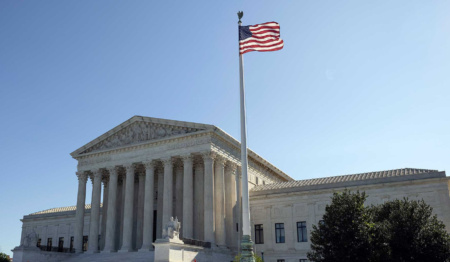
The US Supreme Court has scheduled hearings for February 2023 in two major cases related to internet moderation. Hearings on Gonzalez’s claims against Google and Twitter’s claims against Tahamni were set for February 21 and February 22, respectively.
These two cases could lead to fundamental changes in how online platforms recommend content, especially material created by terrorist organizations. Both related to lawsuits alleging that YouTube, Twitter and other platforms supported Islamic State attacks by not removing (and in some cases recommending) terrorist accounts and messages.
The plaintiffs in Gonzalez v. Google argue that the guidelines should not be subject to Section 230 of the Communications Decency Act, which protects web services from liability for illegal content. The case of Twitter v. Thaamni touches on a separate but related question: whether the network services provide illegal support if they fail to expel terrorists.
Google and Twitter argue that removing Section 230 protections for recommendation algorithms would have far-reaching negative effects on the Internet, putting sites at greater risk of helping users find videos, tweets or other users. Among other things, the case of Gonzalez v. Google could show whether the Supreme Court views recommendations as simply an extension of user content (covered by Section 230) or as a separate, unprotected act of the platform itself. And for Twitter, this case will test the ability of new owner Elon Musk to defend his platform in court.
Course
EMPLOYER BRANDING
Build a high-quality and attractive employer brand in just one month.
REGISTER!
The Justice Department under Joe Biden urged the court to reject at least some of Google’s arguments. Earlier this month, the department filed a brief calling for a lower court ruling in Google’s favor to be overturned, arguing for a narrower interpretation of Section 230 protections. .
Gonzalez and Taamne could be the start of a long legal reassessment of how Section 230 and the First Amendment apply to large web platforms. The Supreme Court is likely to hear arguments on some of the laws that could ban the moderation of much content in Texas and Florida, and February’s arguments could provide insight into its overall stance on moderation.
Google will have to censor search results unless an Australian court overturns a defamatory hyperlink ruling
Source: The Verge




